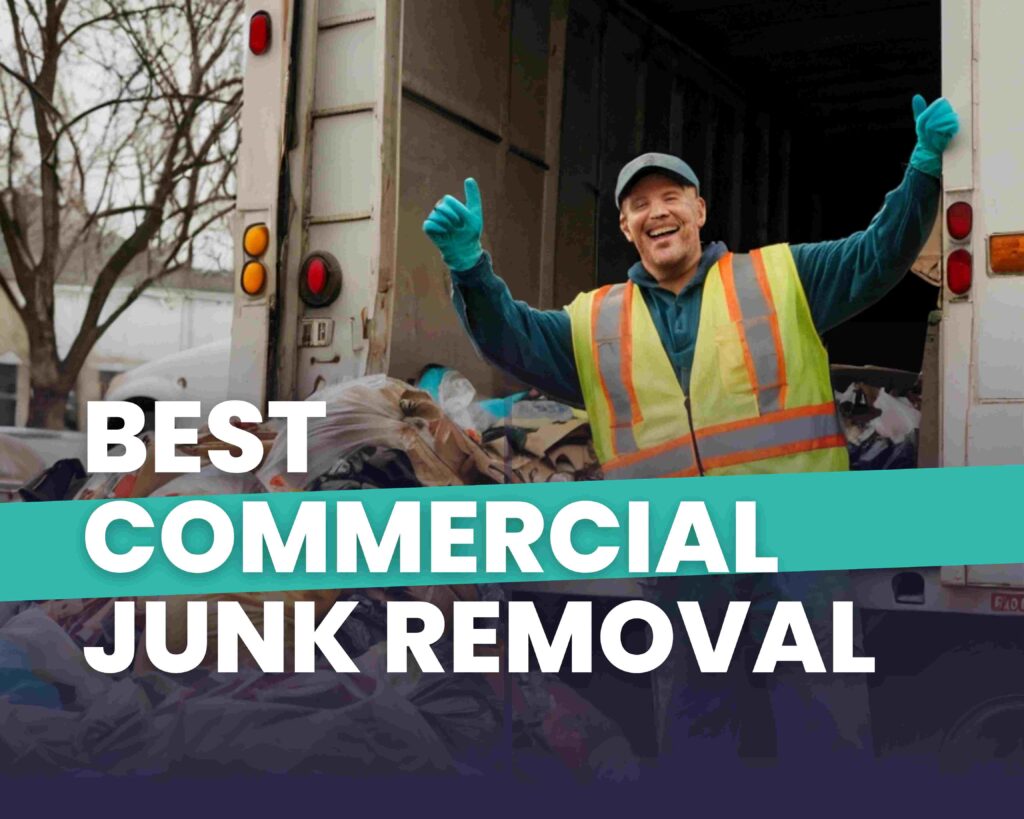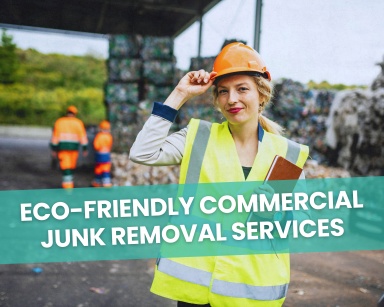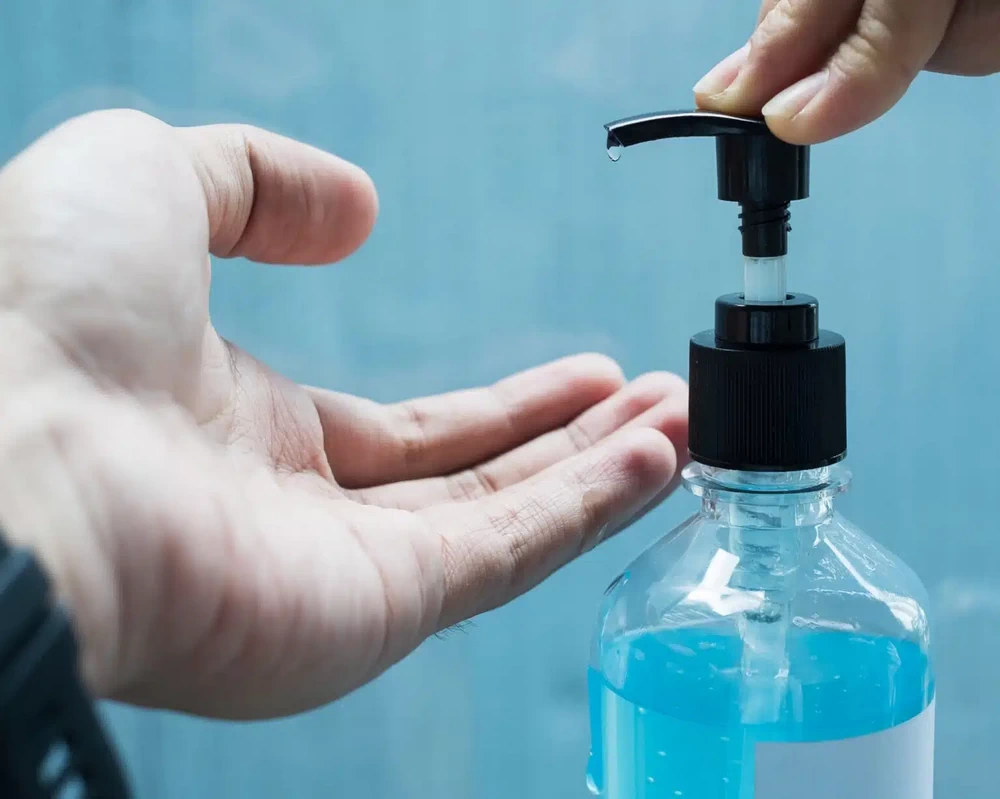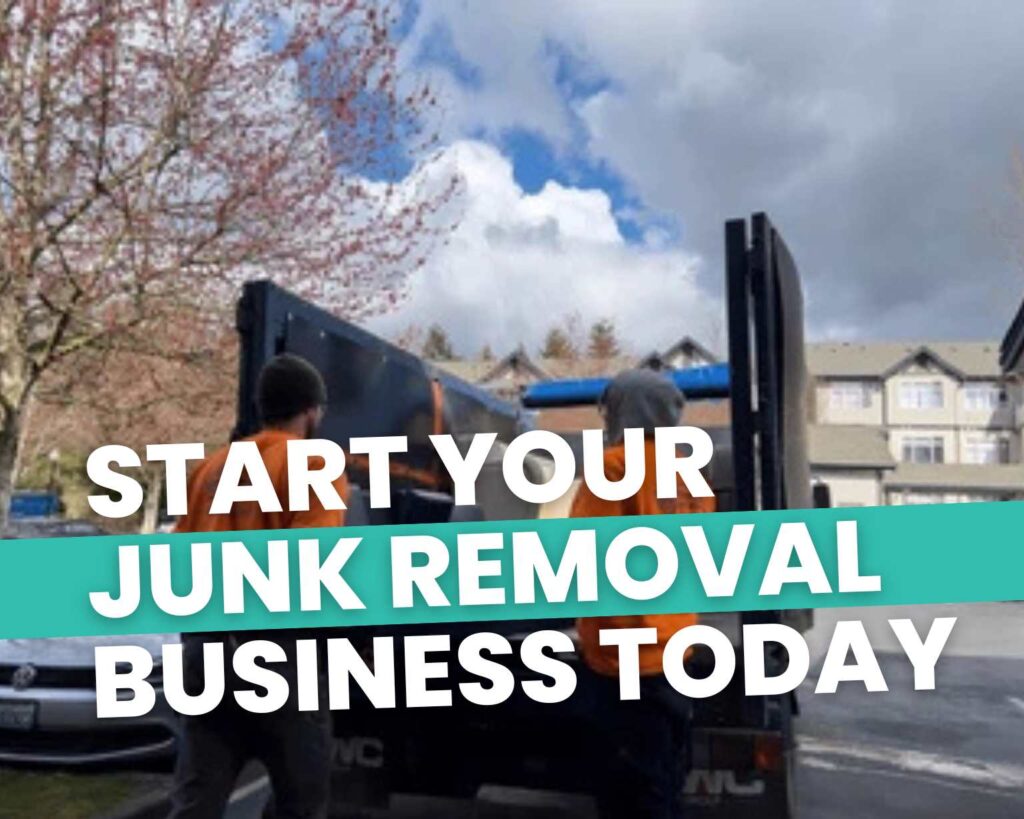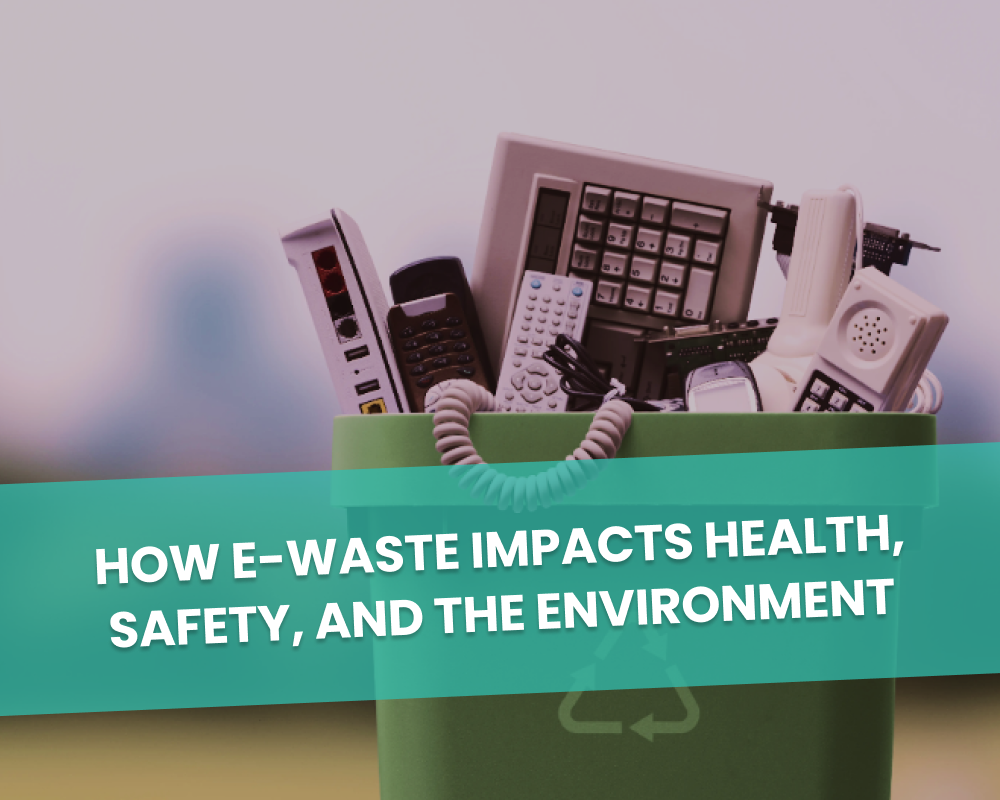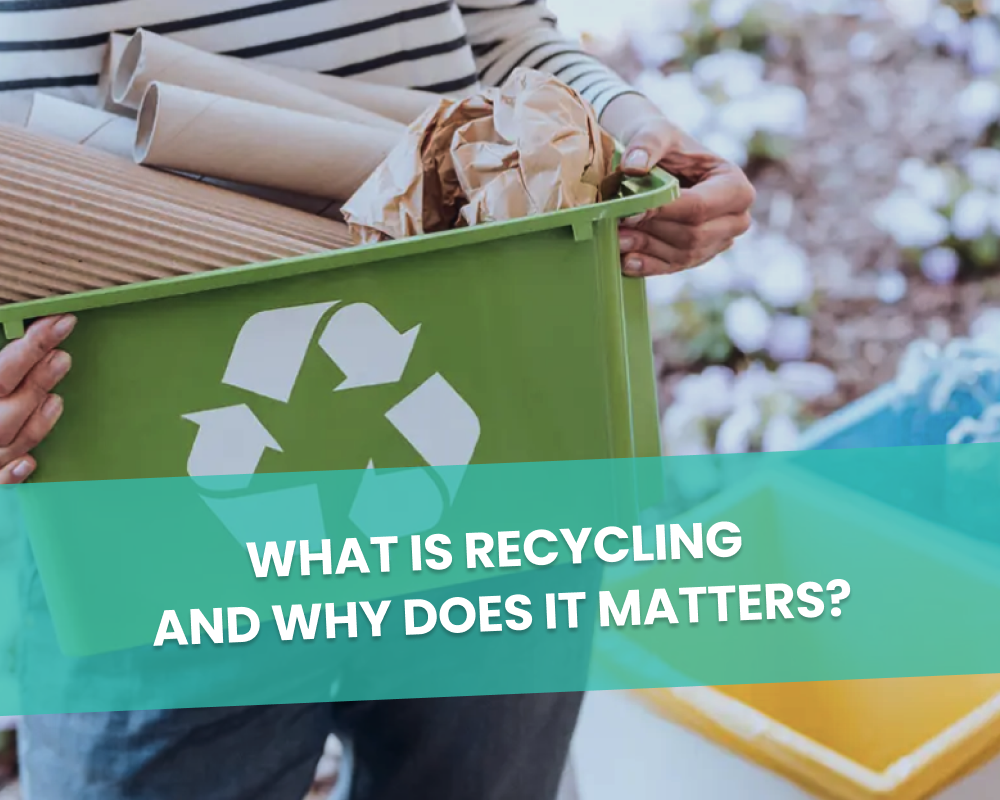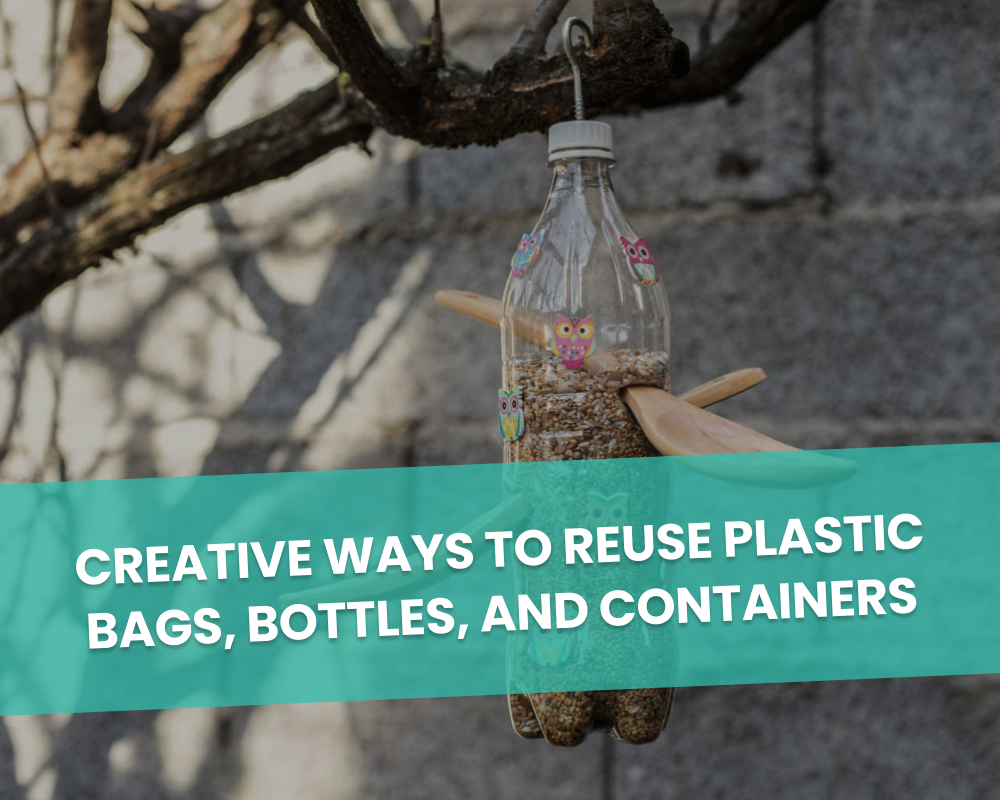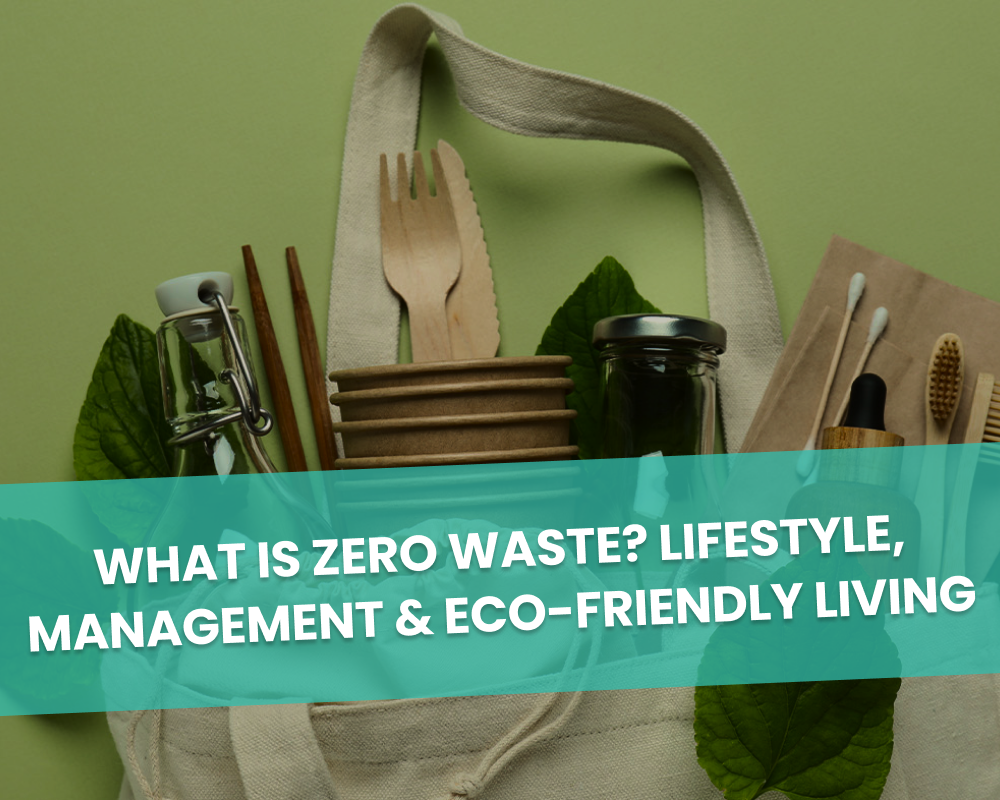Beneficial Reuse vs Liquidation: Deciphering the Economic Impact
Table of Contents
Beneficial Reuse vs Liquidation
In a world consumed by production and consumption, waste management stands as a beacon guiding societies towards environmental sustainability. From households to industries, the question lingers, how can we manage waste better? Enter two methodologies: Beneficial Reuse vs Liquidation. This article directs your attention to Beneficial Reuse, a method that is shaping the future of waste management, changing perceptions, and setting new standards in environmental stewardship.
Understanding the Concept of Beneficial Reuse
Beneficial Reuse is the practice of converting waste materials into reusable resources – a stroke of genius that balances environmental needs with economic feasibility. A second life is given to materials that would have otherwise found their way into landfills.
The concept of Beneficial Reuse aligns with the principles of a circular economy. It shatters the age-old ‘take-make-waste’ model and ushers us into an era where waste is no longer waste but a resource waiting to be exploited. Imagine a world where every discarded item gets a second chance!
The Economic Impact of Beneficial Reuse
- Economically savvy: The cost savings associated with Beneficial Reuse are substantial. Disposal and storage fees drop while tax credits put money back into your pocket. It’s not just about saving; it’s about making the most out of what you already have.
- A real-world example: The city of San Francisco, a pioneer in the Beneficial Reuse model, has seen savings reach into millions of dollars while the city’s recycling industry thrives.
Environmental Impact of Beneficial Reuse
Beneficial Reuse sits at the heart of environmental sustainability. It shrinks the carbon footprint by curtailing the need for manufacturing new products and promotes resource conservation.
Case in point: The Beneficial Reuse program of Dell Technologies has contributed to reducing the company’s carbon emissions by an impressive 20-30%.
The Social Angle of Beneficial Reuse
Beneficial Reuse isn’t just a business or environmental decision – it’s a social one too.
- Brand reputation and customer engagement: Implementing Beneficial Reuse sends a clear message to your customers – you care. You care for the planet and for future generations. This ethos builds customer loyalty and enhances brand reputation.
- Donations: When Beneficial Reuse involves donations to charitable organizations, your waste turns into a social good, supporting communities and contributing to social upliftment.
The Efficiency of Beneficial Reuse in Business Operations
Compliance made easy: With Beneficial Reuse, regulatory requirements cease to be a headache. Adhering to environmental standards becomes part of the business process.
- Innovation at play: Beneficial Reuse stimulates creativity, pushing businesses to find new uses for products and materials.
- Streamlining operations: Beneficial Reuse can enhance supply chain efficiency and foster employee engagement. Imagine a team motivated by a shared vision of sustainability and responsible waste management!
The Long-term Sustainability Through Beneficial Reuse
The beauty of Beneficial Reuse is that it makes sustainability achievable and profitable. It creates economic opportunities, supports recycling industries, generates jobs, and leads to sustainable waste management.
The Comparison: Beneficial Reuse vs Liquidation
The comparison between Beneficial Reuse and Liquidation brings two contrasting approaches to light. Let’s delve into specific elements that set them apart.
- Positive Environmental Impact: Beneficial Reuse emerges as a clear winner with its high environmental impact. By repurposing waste materials, it drastically cuts down on the volume that would have otherwise ended up in landfills. Liquidation, however, often involves disposing waste materials in landfills, thereby contributing to environmental degradation.
- Economic Benefits: In the arena of economic benefits, Beneficial Reuse holds the ace. The process creates avenues for significant cost savings by reducing disposal, storage, and liquidation fees. Liquidation, on the other hand, might yield immediate financial returns through the sale of assets but does not offer long-term economic advantages like Beneficial Reuse.
- Resource Conservation: The practice of Beneficial Reuse embodies efficiency. It ensures the conservation of natural resources such as raw materials, energy, and water, which would otherwise be expended in manufacturing new products. Liquidation, however, does not typically involve resource conservation, as it primarily focuses on the elimination of waste or non-performing assets.
- Turnaround Time: Beneficial Reuse takes a bit longer with a typical turnaround time of 2-4 days, reflecting the time needed for sorting, processing, and repurposing the waste materials. Liquidation, meanwhile, can often be executed quickly, but at the cost of environmental benefits and resource conservation.
- Tax Credits: Perhaps one of the most significant differentiators between the two is the eligibility for tax credits. Beneficial Reuse initiatives often qualify for tax credits, adding to their economic attractiveness. On the contrary, Liquidation does not offer such financial incentives.
Conclusion
From the perspective of sustainability, economics, social impact, and compliance, Beneficial Reuse emerges as a superior waste management strategy over liquidation. It represents a forward-thinking, responsible, and strategic approach that benefits businesses, communities, and the environment. It’s more than a waste management strategy; it’s a pathway towards a sustainable future. In embracing Beneficial Reuse, we are not just solving our problems, we are reinventing the way we perceive and manage waste.

